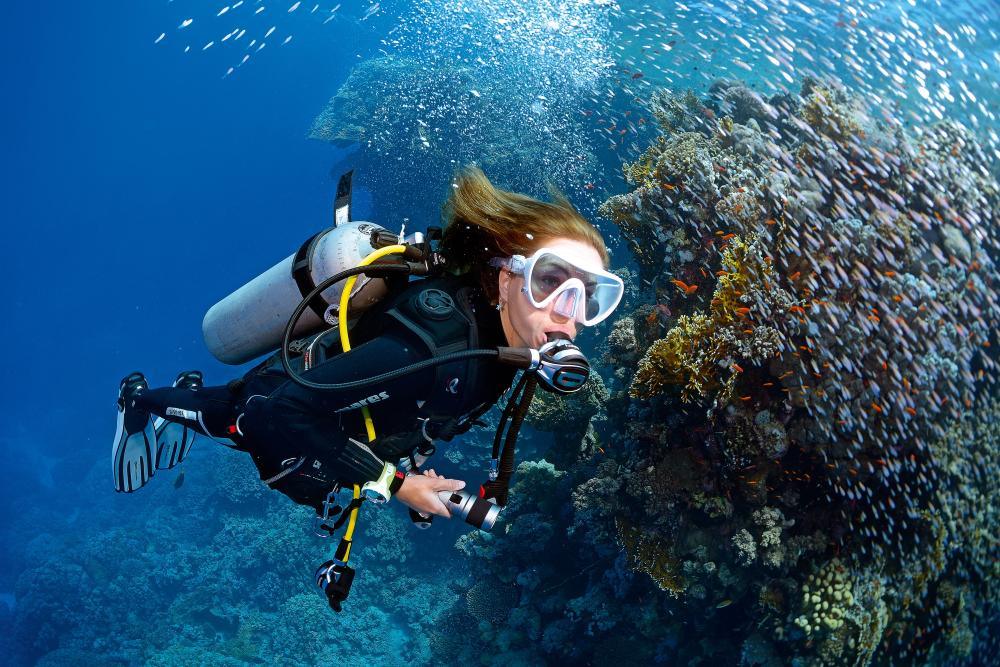
Mastering Buoyancy: 5 Essential Tips for Precision Underwater Control
Buoyancy control can initially appear daunting for novice scuba divers. You might watch your instructor effortlessly hover in the water and wonder if it involves some sort of magic. But fear not, with these five straightforward tips and a little practice, you can attain impeccable buoyancy too. Are you eager to discover how?
Understanding the Importance of Good Buoyancy
Perfecting buoyancy in scuba diving offers several advantages, beyond just looking cool in underwater photos:
-
Enhanced Visibility: Good buoyancy prevents the disturbance of sand and silt, ensuring better visibility for you and your fellow divers.
-
Preserving Marine Life: It helps protect marine life and habitats by preventing accidental damage to coral reefs or other delicate ecosystems.
-
Safety: Proper buoyancy minimizes the risk of injuries from sharp corals, venomous creatures, or marine debris.
-
Air Conservation: You'll conserve air by remaining relaxed, using less energy, and avoiding breathlessness.
-
Safety: Accurate buoyancy control avoids rapid ascents or descents, reducing the risk of various diving-related issues.
Now, let's delve into these five tips for perfecting your buoyancy:
1. Buoyancy Check:
- Determine the appropriate weight for your dive; it's typically around ten percent of your body weight.
- With all your gear on, start at the surface with a fully inflated BCD (Buoyancy Control Device) and your regulator in your mouth.
- Deflate the BCD completely; if you're correctly weighted, you should remain at the surface, and a deep breath out should make you descend.
2. Adjust Gradually:
- Avoid overinflating your BCD. Add air in short bursts until you achieve neutral buoyancy.
- When releasing air, do so slowly and in an upright position with the inflator hose held high above your head.
3. Buoyancy Specialty Course:
- Consider enrolling in a Perfect Buoyancy specialty course for in-depth training and fun underwater exercises to master buoyancy.
4. Choose the Right Weight System:
- Experiment with different weight systems to find what suits you best.
- Weight Belt: Offers evenly distributed weight around your waist.
- Integrated Weights: Found in some BCDs, they provide easy weight adjustment and help maintain a horizontal dive position.
5. Stay Relaxed:
- Relaxation comes with experience in scuba diving.
- Practice breathwork and meditation to enhance your calmness, which leads to more controlled breathing and improved buoyancy.
With these tips, you'll be on your way to achieving impeccable buoyancy while scuba diving.
